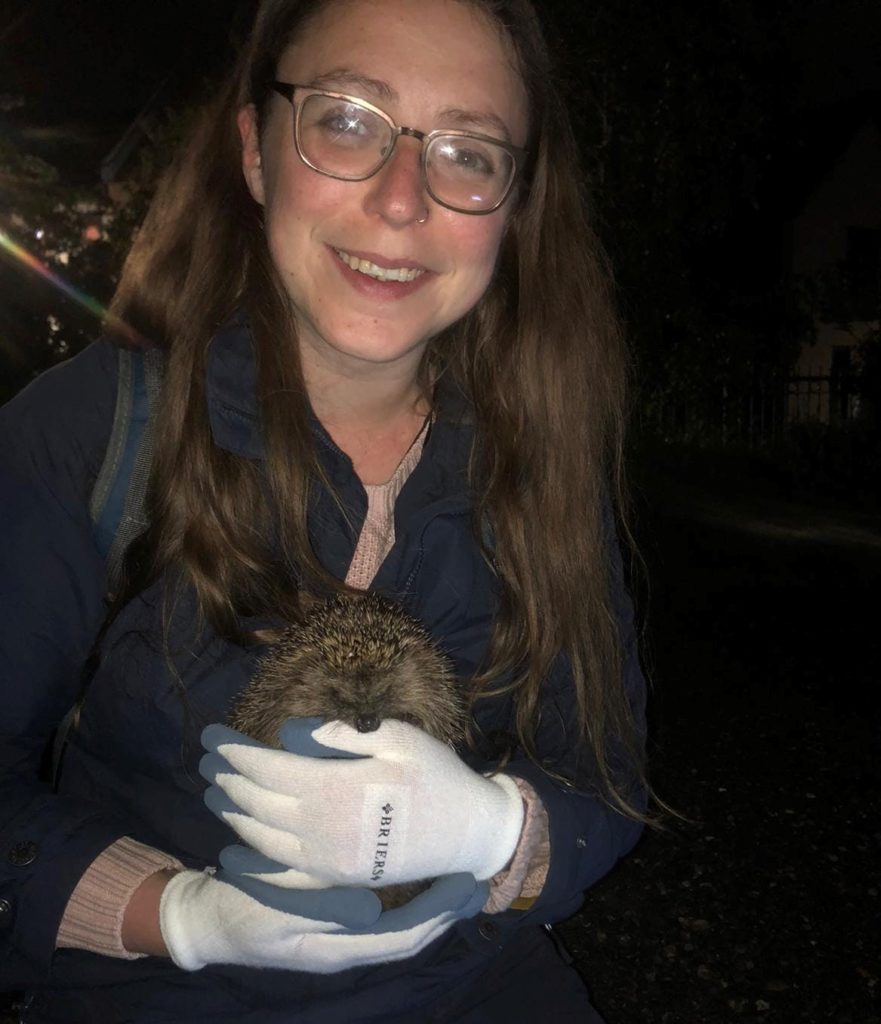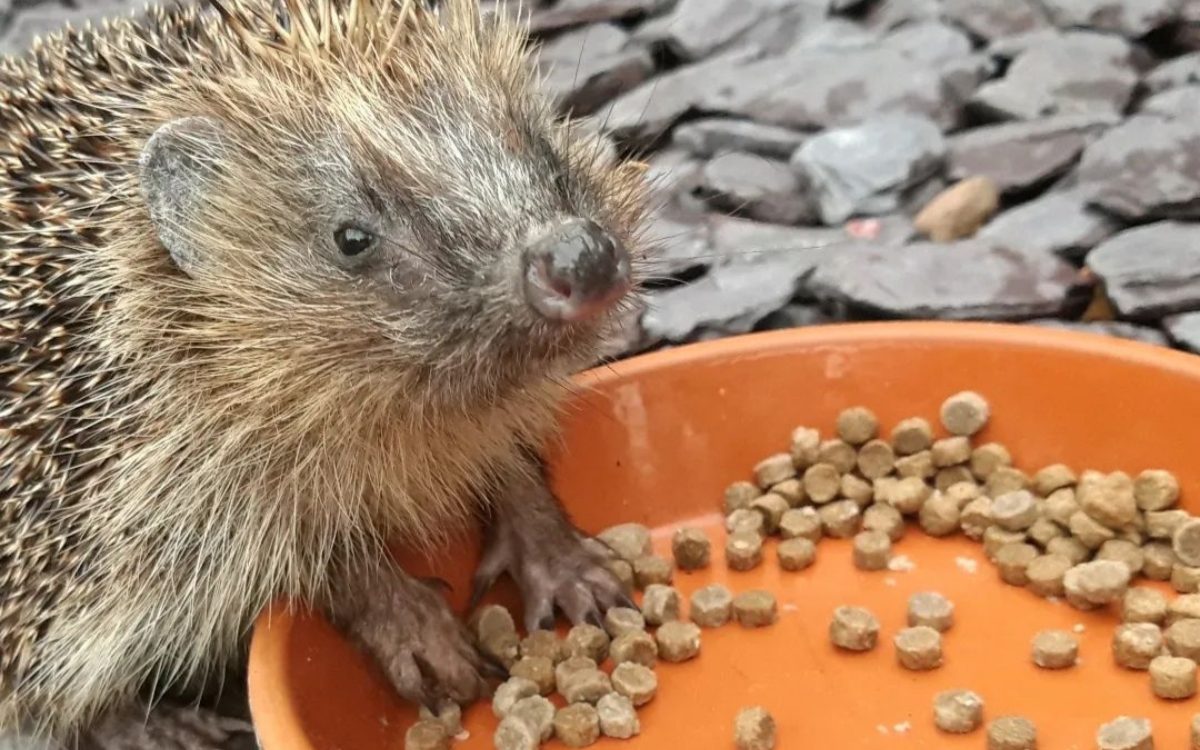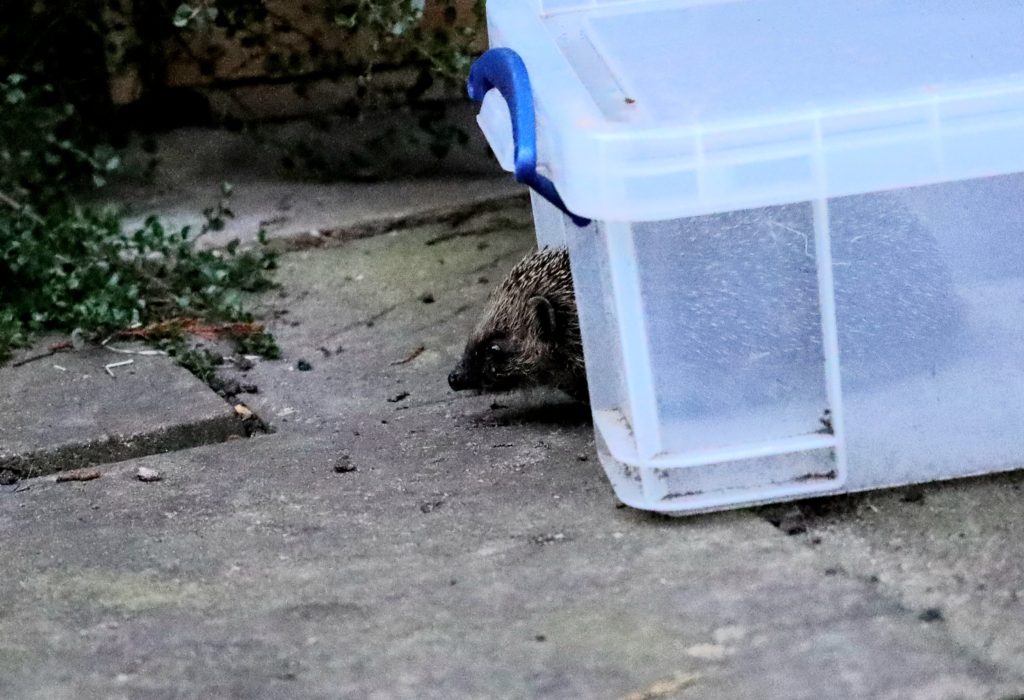Research: Plastic in mammals
22nd August 2022
A new study has been released by researchers at the University of Sussex and the University of Exeter looking into the exposure of UK mammals to plastic. Microplastics are a big issue in aquatic ecosystems, but little is known about their effects on land mammals. The lead author, Emily Thrift, in collaboration with The Mammal Society, collected faecal samples from around the UK and analysed them to find plastic samples.

The study
Seven species were analysed, and plastic was found in four of them – European hedgehogs, wood mice, field voles and brown rats.
Microplastic pollution is a worrying issue, and previous research has found that it can cause reduced growth rates, reduced offspring survival and change the gut biota in certain species. Although the effects are beginning to be understood, little is known about how much wild mammals are exposed to plastics.
Hedgehog faeces was collected from gardens by volunteers or provided by rescue centres. Faeces from other species were collected via bait tubes or small mammal traps.

Results
Plastic was found in 16.5% of all samples, with 70% of the items being microplastics. It is likely that the plastic was ingested by the animal by being mistaken for food or unwittingly used as a nesting material. It could also have been consumed through contaminated prey.
The highest percentage of plastic (50%) was found in brown rats, though the sample number was quite low. 19% of hedgehog faeces contained plastic, and hedgehogs had the highest sample rate, with 189 specimens tested.
Polyester was the most common plastic found, accounting for 27% of the samples. Polyester is the most commonly used fabric in clothes and is released into the ecosystem through washing and landfill. The second most common plastic found was polyethylene (13%), which is widely found in single-use packaging. Over a quarter of the plastics found were classed as ‘biodegradable’, showing that they can still be ingested even if they are manufactured to break down after use.

Although more research is needed to understand the effects of microplastics on UK mammals, it is clear that species such as hedgehogs are affected by the rise of plastic waste over the last 80 years.
Emily will be undertaking further research for her PhD, focusing on hedgehogs, so look out for her findings in the future.

